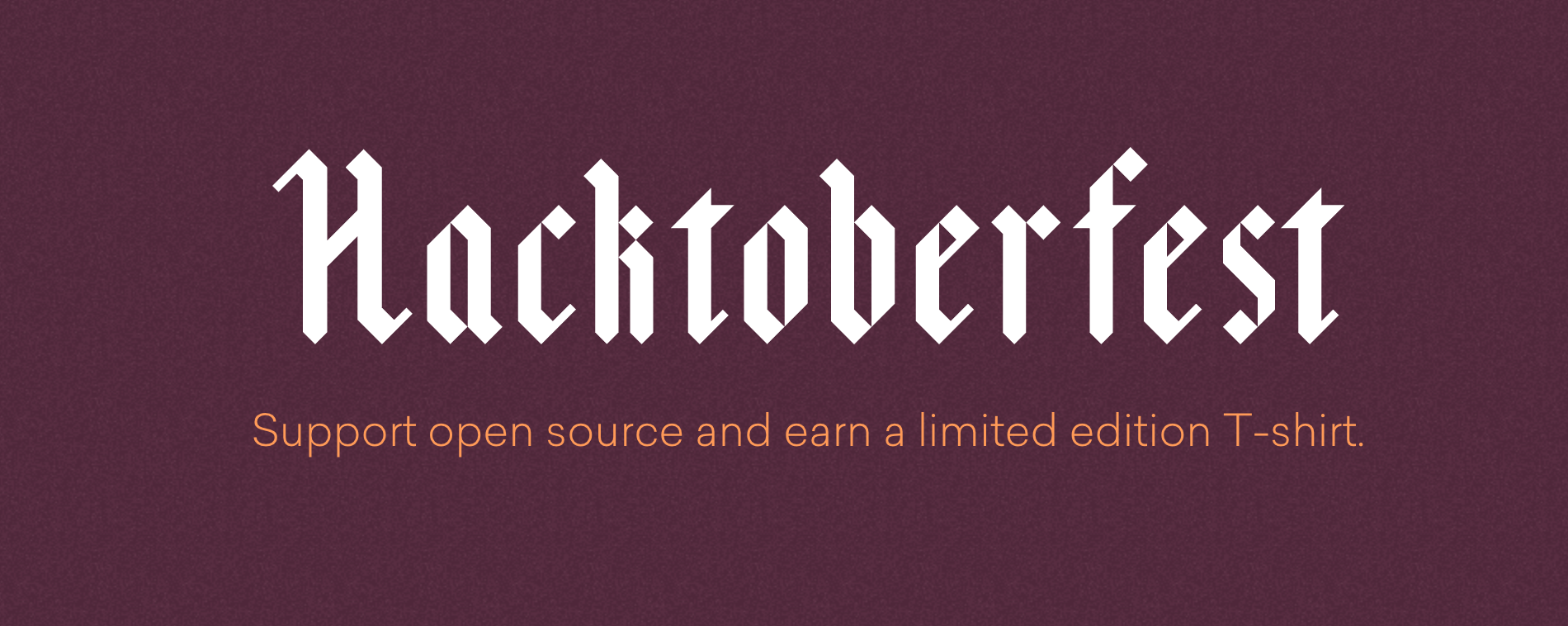5 types of developer community projects
If there’s one thing successful community projects have in common, it’s that they all provide something valuable to the developers who use them.
However, the way that value is delivered varies widely from project to project. Some community projects educate developers on new technologies. Some are open source projects that fill a specific technical need. Other projects help support the community agenda as a whole, perhaps by providing space for developers to meet physically or by helping underrepresented developers learn how to code or attend conferences.
Has your organization considered building a community project that’s meaningful for developers? Here are five of the most common types of developer community projects and how they create value for the community.
1. Build open source tools
“If you want to create a developer friendly atmosphere, then, you must create an open source friendly atmosphere.”
- Stephen O’Grady, The New Kingmarkers
One time-tested way that projects help developers is by enabling them to work more efficiently. For example, MJML from Mailjet is an open source project that makes it easy to create responsive email designs, solving a notoriously hairy and un-fun challenge.
2. Teach a useful, reusable skill or concept
Developers want and need to continuously develop their skills, but doing so can be overwhelming.
me: I have 20+ years experience building websites I think I am very okay at this
— Jon Gold (@jongold) January 24, 2019
additionally me: I didn't build websites for 3 months of 2018 and now I have no idea how to build websites any more
This tweet captures the anxiety many developers feel in light of the massive amount of new tools and technologies launching every day. Thankfully, community projects can help teach developers what they need to know.
A great example from this year is PagerDuty’s Incident Response Documentation. Instead of open sourcing code, PagerDuty has published their internal documentation, which has been honed over years of experience. Any devops and engineering team stands to learn a lot by seeing the way the pros handle incident preparation and response.
By the way, this approach demonstrates a smart way to generate ideas for a community project: think of all the unique knowledge or expertise your company has internally that will help developers, then package it in a way that makes it easy for them to use.

3. Share practical, unique, or timely information
One way to give back to the community is by creating or curating information that developers need. For example, StaticGen from Netlify tracks the popularity of static site generators, providing a near real time look at the adoption of various tools.
4. Give resources or financial support
A supportive community project aligns with and contributes to the wider community agenda. For example, it could help newcomers learn to code, aim to increase diversity and inclusion, or help devs find jobs aligned to their values.
One example is Hacktoberfest from DigitalOcean, which helps developers become first-time OSS contributors while helping get PRs addressed, all at a global scale.

Another example is BackYourStack, a project from Open Collective that shows developers what open source projects they’re using that need financial support. The project scans the user’s GitHub repositories to automatically find tools that might be a match.
5. Entertain and delight
Life can be tough and computers don’t always cooperate, so why not inject a little joy into our code? Community projects are a great platform for companies to do just that. Just look at TwilioQuest, which teaches about Twilio and telephony against the backdrop of a simulated 8-bit role-playing game.

Developers respond well to things that don’t look too serious or buttoned-up, which is something to keep in mind for designing any type of community project.
To summarize, here are the 5 ways companies can build community projects that benefit developers:
- Build open source tools
- Teach a useful, reusable skill or concept
- Share practical, unique, or timely information
- Give resources or financial support
- Entertain and delight
With these five criteria in hand, we hope these ideas help inspire conversations about how your company can support the developer community in meaningful ways.
This article was originally published at developermode.com by Patrick Woods, co-founder of DeveloperMode.
Discussion
Sign in or Join to comment or subscribe